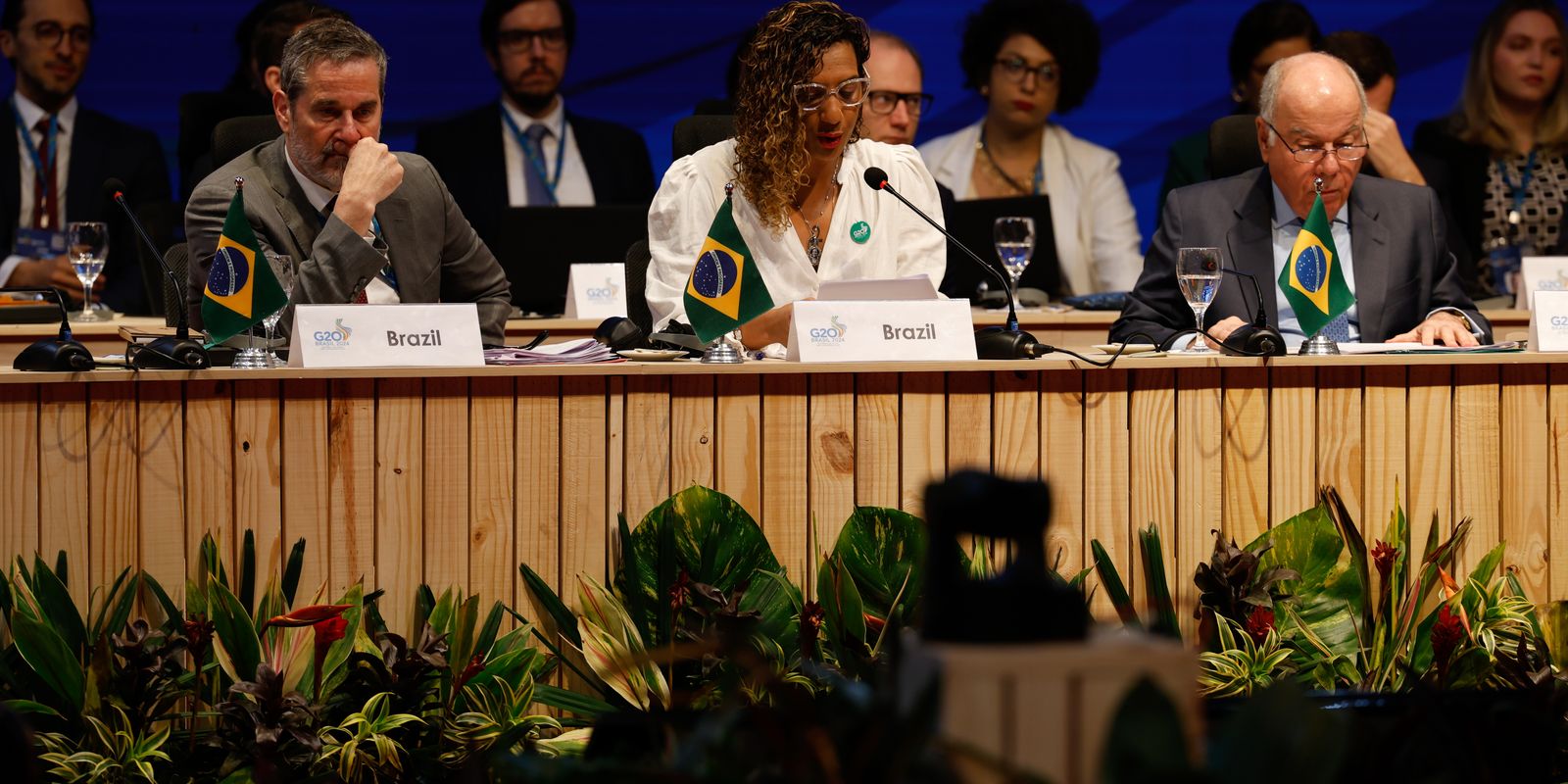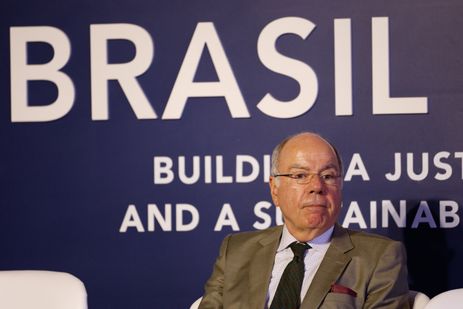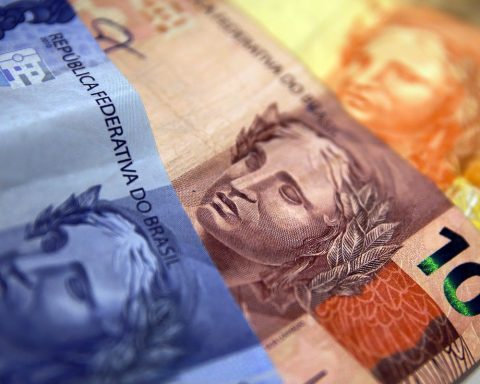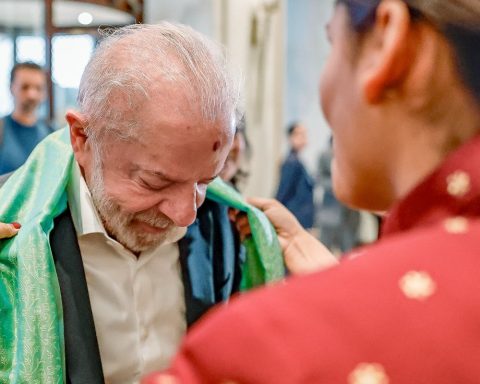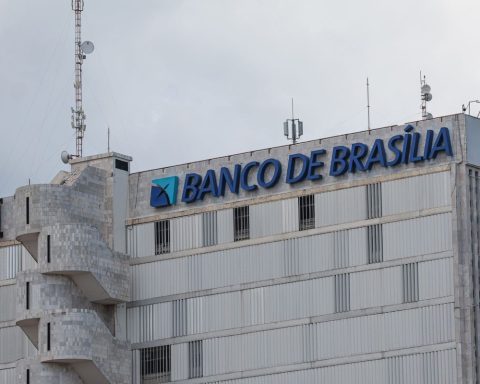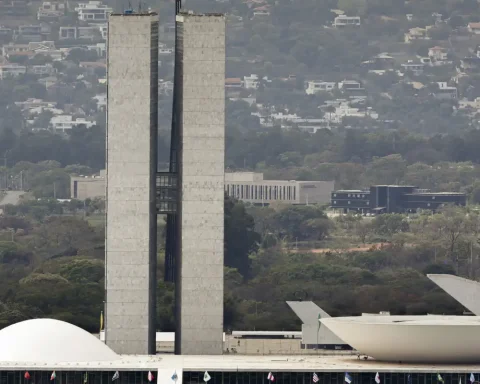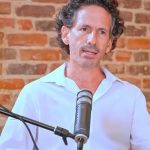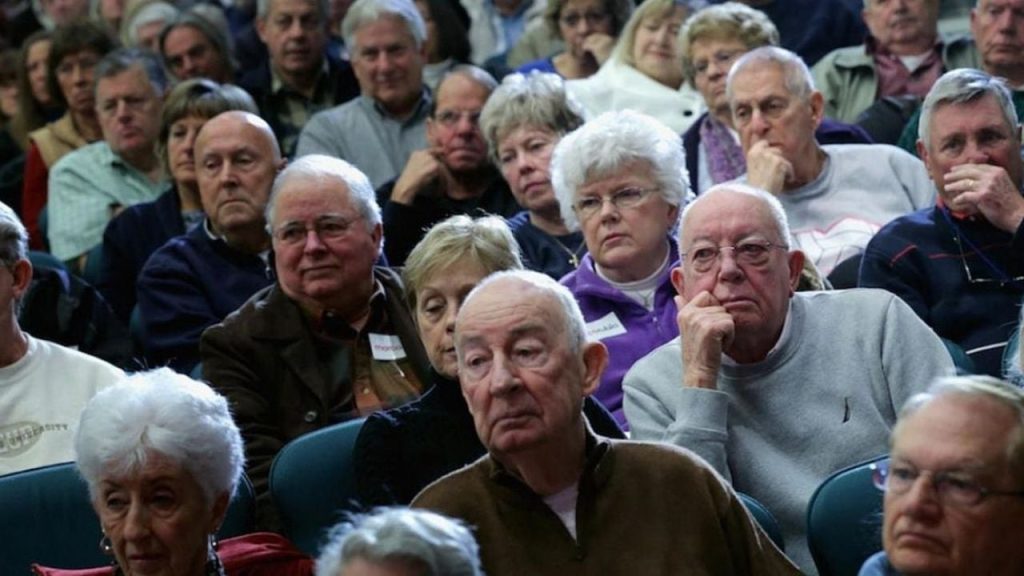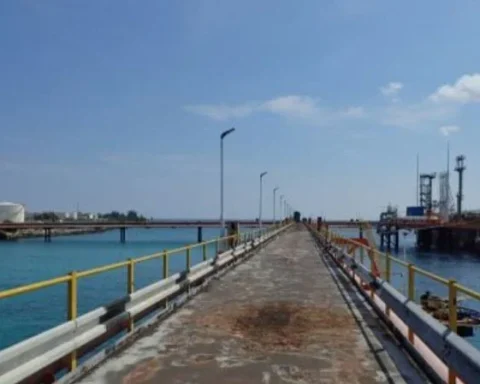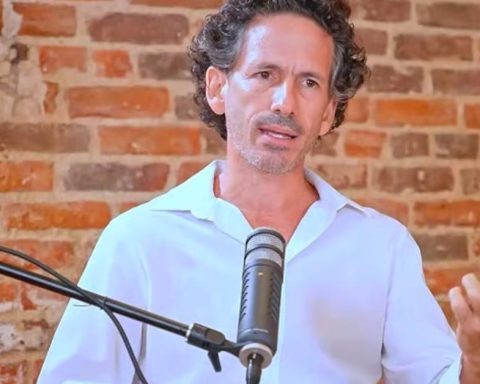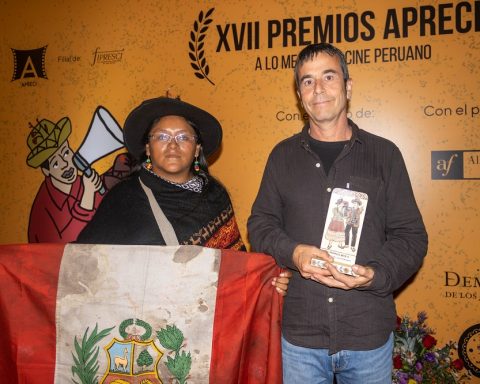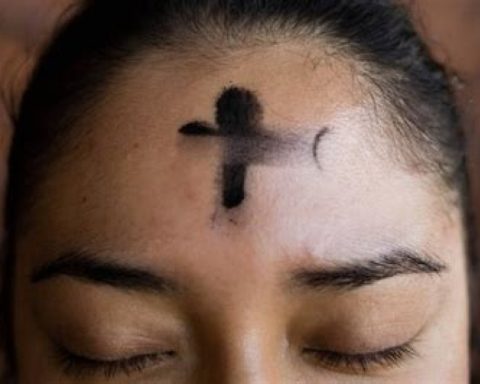Brazil reaffirmed its commitment to combating racism and racial inequalities during the G20 meeting held on Tuesday (23) in Rio de Janeiro. “At a time when, regrettably, we are witnessing manifestations of racism and discrimination, including in sports, Brazil remains committed to promoting ethnic-racial equality, which is not only a noble goal, but an imperative for building a fairer, and even sustainable, world,” said the Minister of Foreign Affairs, Mauro Vieira, in his opening speech at the second session on Combating Inequalities and Trilateral Cooperation at the Ministerial Development Meeting.
The Minister of Racial Equality, Anielle Franco, who also participated in the discussion panel, reinforced that the fight against racism and other inequalities must be a commitment not only of Brazil, but of the world: “We also know that solving a systemic, structural and historical problem is not just a task for a single ministry or even a single country.”
Both ministers highlighted the importance of Brazil’s commitment to the issue. In a speech at the UN General Assembly in 2023, President Luiz Inácio Lula da Silva announced the voluntary creation of Sustainable Development Goal (SDG) 18, with the aim of achieving ethnic-racial equality in Brazilian society.
The SDGs are a global agenda to end poverty and inequality. They were agreed upon by the 193 Member States of the United Nations (UN) and must be met by 2030. In total, there are 17 SDGs. Lula proposed that a national goal also be pursued 18th goal in search of ethnic-racial equality.
Combating poverty and hunger
Vieira stressed that eradicating poverty is an absolute priority for Brazil, but that this goal is still far away worldwide. “In 2023, we will reach the halfway point of the 2030 Agenda, still far from fulfilling what was agreed upon by UN member countries. Not only are we behind, we have even taken steps backwards in the conception of many of the Sustainable Development Goals, such as the eradication of poverty and hunger,” he said.
He added: “The world is increasingly unequal. The richest 1% in the world have taken almost two-thirds of all wealth generated since 2020, according to data from Oxfam. The richest 10% are responsible for half of the planet’s carbon emissions. In 2020, we saw an increase in global inequality for the first time in decades, with a 0.7% increase in the Global Gini index.” The so-called Gini index is an instrument for measuring the degree of income concentration.
According to Franco, the global commitment needs to be strengthened and nations need to make a real effort to eradicate poverty. “The words we are committing to today are not, for the most part, absolutely innovative ideas. In reality, they are historical desires to guarantee a dignified life and the opportunity to live well, which should be basic and obvious conditions, but which have been transformed over time into luxuries and privileges,” said the minister.
“What is expected to be new is that our countries are capable of acting with speed and firmness, which we are committing to so that we can make up for lost time,” he highlighted.
Global Alliance
The G20 meeting began on Monday (22). A series of events are planned throughout the week scope of the G20.
This Wednesday (24), with the presence of President Luiz Inácio Lula da Silva, the pre-launch of the Global Alliance against Hunger and Poverty will take place, one of the priorities of the Brazilian presidency of the G20.
Franco also mentioned the Agenda to Combat Hunger and Poverty with a focus on black women, which will be officially launched the following day, the 25th. The minister said that the program will have five major goals, 26 actions and more than R$330 million invested in public policies with this objective.
G20
The G20 is made up of Argentina, Australia, Brazil, Canada, China, France, Germany, India, Indonesia, Italy, Japan, Republic of Korea, Mexico, Russia, Saudi Arabia, South Africa, Turkey, the United Kingdom and the United States, in addition to the European Union.
G20 members represent about 85% of global gross domestic product (GDP, the sum of all goods and services produced by a country), more than 75% of global trade and about two-thirds of the world’s population.
Since 2008, the countries have taken turns holding the presidency. This is the first time that Brazil has presided over the G20 in its current format.
